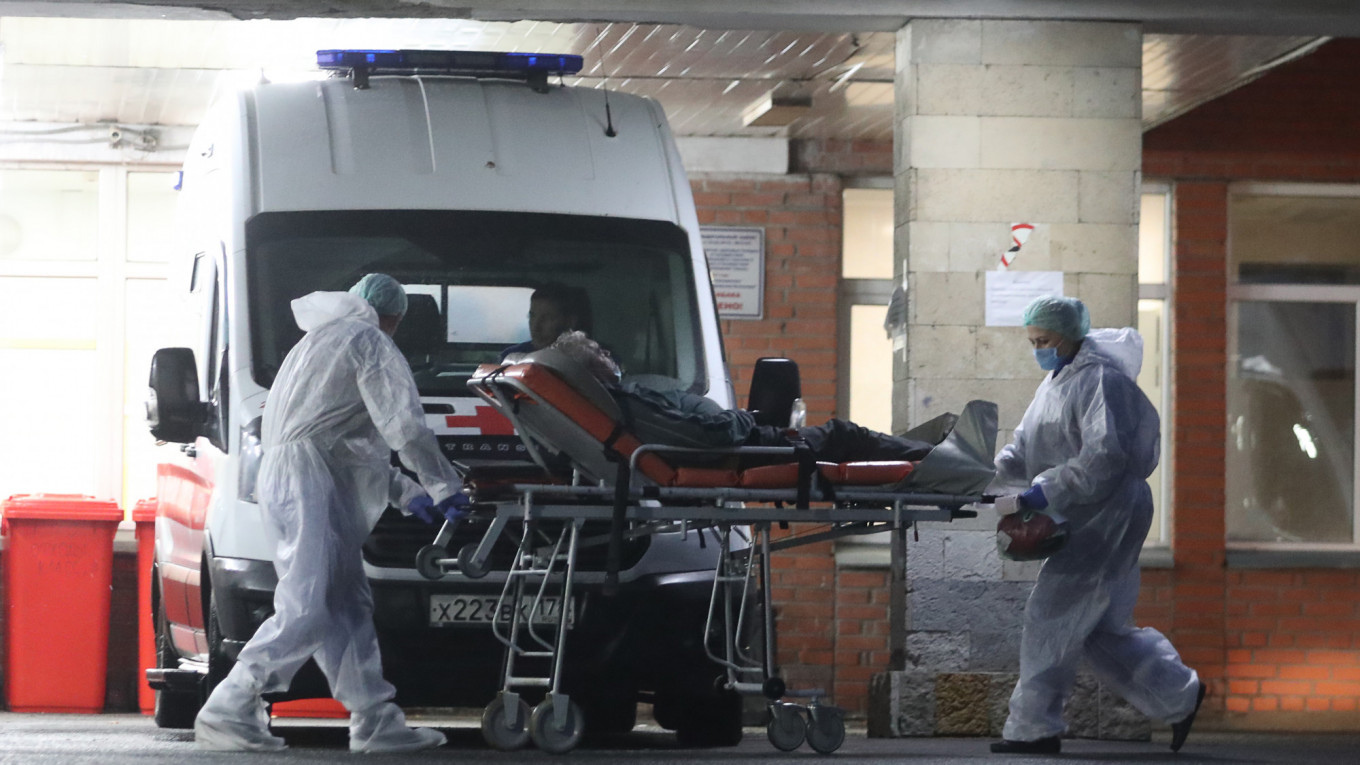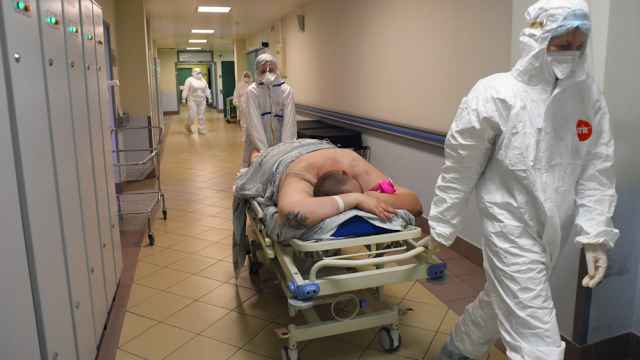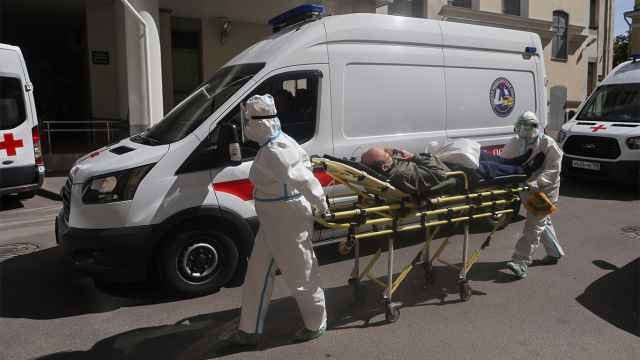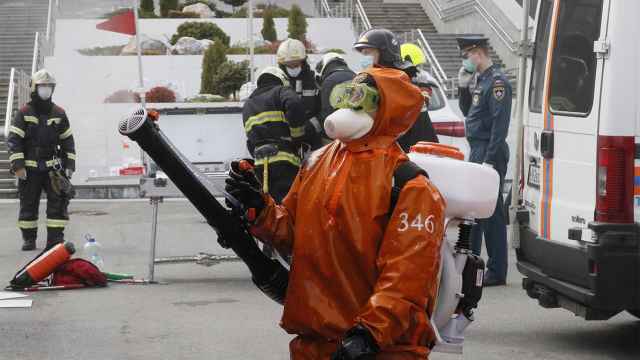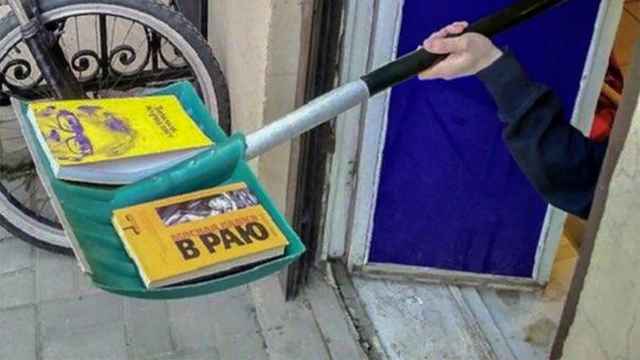Russia's second city, St. Petersburg, announced Monday it would tighten restrictions to battle a surge in Covid-19 cases, introducing a health pass to regulate access to crowd events.
From Nov. 1, people will need to present a QR barcode to get into sports and cultural events where more than 40 people are gathering, the city's deputy governor Boris Piotrovski said in a Telegram post.
Only people who have been fully vaccinated or who have had a negative Covid test in the past 72 hours will receive the QR code.
From Nov. 15, those restrictions will be extended to swimming pools, fitness centers, theatres, cinemas, museums and circuses. From Dec. 1, the measures will also include restaurants and shops.
But cafes in stations and airports will be exempted, as will pharmacies and shops selling food.
The city authorities also recommended that all employers put in place teleworking for staff from Nov. 1.
On Monday, Russia registered another record figure, 34,325, for coronavirus cases over the previous 24 hours — for the fifth day running.
The death toll over the same period stood at 998, though on Saturday, deaths passed 1,000 over 24 hours, with the day's figure reported as 1,002.
Russia is now the European country hit hardest by the pandemic, having recorded a total of 224,310 deaths.
The surge in infections is due in part to the fact that only 32% of Russians are fully vaccinated, according to official figures, amid widespread mistrust of the treatment.
The relative lack of government safety measures may also have played a part, even if some regions have already reintroduced the QR code system for access to public spaces.
The government in Moscow, trying to get the economy going again, has ruled out a nationwide lockdown.
The true Covid death toll in Russia may be significantly higher than the official figure.
The Rosstat statistics institute, which uses a broader definition of what constitutes a coronavirus death, has put the toll at more than 400,000.
A Message from The Moscow Times:
Dear readers,
We are facing unprecedented challenges. Russia's Prosecutor General's Office has designated The Moscow Times as an "undesirable" organization, criminalizing our work and putting our staff at risk of prosecution. This follows our earlier unjust labeling as a "foreign agent."
These actions are direct attempts to silence independent journalism in Russia. The authorities claim our work "discredits the decisions of the Russian leadership." We see things differently: we strive to provide accurate, unbiased reporting on Russia.
We, the journalists of The Moscow Times, refuse to be silenced. But to continue our work, we need your help.
Your support, no matter how small, makes a world of difference. If you can, please support us monthly starting from just $2. It's quick to set up, and every contribution makes a significant impact.
By supporting The Moscow Times, you're defending open, independent journalism in the face of repression. Thank you for standing with us.
Remind me later.


